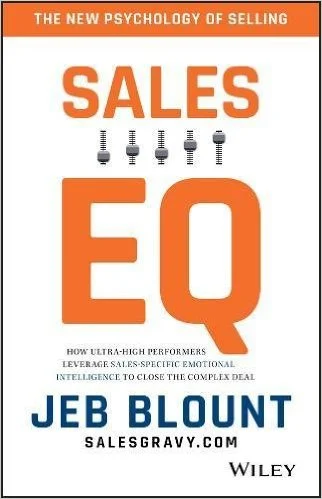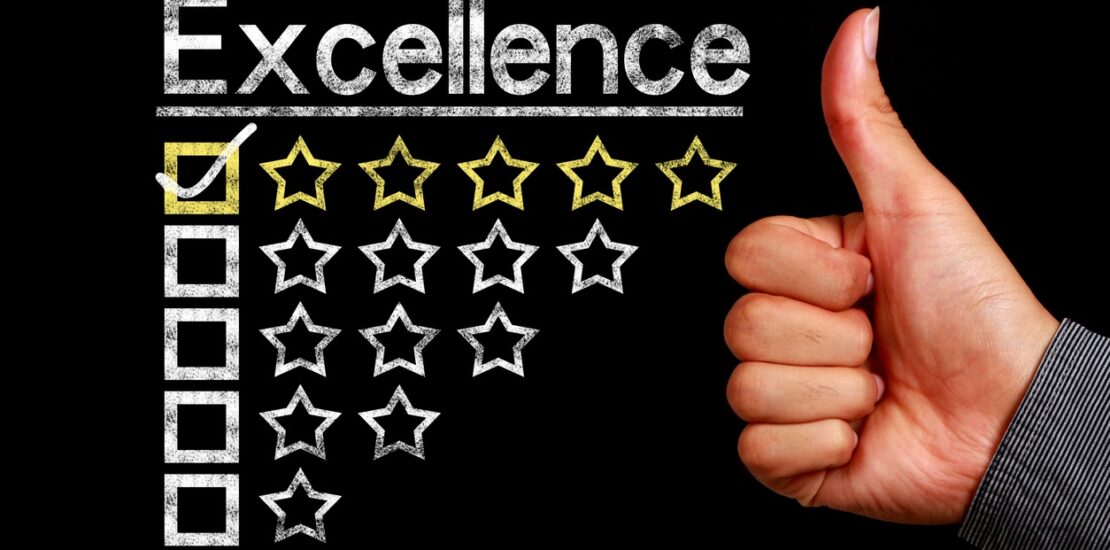Understanding the Sales Force
-
What B2B Companies Must Learn from 10 Reasons Why Amazon is Destroying Retailers
- April 17, 2017
- Posted by: Dave Kurlan
- Category: Understanding the Sales Force

Amazon generated almost $44 Billion in net revenue last year and it had to come from somewhere. That’s not $44 Billion that people wouldn’t have spent if not for Amazon. It’s money that people would have spent, at some retailer, probably within an hour of their home or office, but chose to buy from Amazon instead.
You may think it’s because Amazon saves them money but that isn’t necessarily true. And you may think it’s simply more convenient to order from your laptop or mobile device but that might not be the case either. I’m going to share my 10 reasons why this is happening and you might be very surprised with my conclusion at the end of the article where I provide an important warning for B2B Sellers.
-
The Future of Selling – Understanding This Crucial Sales Competency is More Important Than Ever
- April 12, 2017
- Posted by: Dave Kurlan
- Category: Understanding the Sales Force

Sales Motivation is one competency where the changes have been dramatic over a very short period of time and today I want to share those changes, as well as how the changes impact salespeople, sales leaders and sales organizations.
-
How to Eliminate the Need for Sales Motivation, Accountability and More!
- April 10, 2017
- Posted by: Kurlan & Associates, Inc.
- Category: Understanding the Sales Force

What if I told you there was a way to completely eliminate the need to manage the pipeline, motivate, recruit and hold salespeople accountable? There is and I’m going to share it with you!
-
How Your Salespeople Measure Up in the 21 Most Crucial Sales Competencies for Modern Selling
- April 4, 2017
- Posted by: Dave Kurlan
- Category: Understanding the Sales Force

This is really about sales professionals who place more faith in the traits that are consistent with their beliefs, fearing that their actual capabilities won’t match up with the science. People want to see themselves in the most popular, positive way. They don’t want to discover that they might be lacking in 10 of the 21 Sales Core Competencies or have gaps in all 21.
-
Successful Movie Franchises and the 10 Keys to Impactful Sales Coaching
- April 3, 2017
- Posted by: Dave Kurlan
- Category: Understanding the Sales Force

Today’s coaching session must be so good that the salesperson does not want it to end. Not only that, but the salesperson can’t wait to come back for more coaching. Now, be honest with yourself for a moment. Assuming that you regularly and consistently coach all of your salespeople, is your coaching so powerful that your salespeople can’t wait for another session with you?
-
New Book Improves Sales Excellence and Grows Revenue
- March 21, 2017
- Posted by: Dave Kurlan
- Category: Understanding the Sales Force

Jeb Blount’s eagerly awaited new book goes on sale today and I recommend that you order it!
The book is called Sales EQ and it provides sales leaders with tools to identify their team’s sales specific emotional intelligence needs along with strategies, techniques, and frameworks to gain control of the sales conversation and a decisive competitive advantage.
-
The Official 2017 List of 21 Sales Core Competencies
- March 15, 2017
- Posted by: Dave Kurlan
- Category: Understanding the Sales Force

These days, changes happen faster than ever and the same can be said about professional selling. Selling is evolving, the rules of business are changing, there is more information available on line than there was last week and sales organizations must evolve accordingly.
-
Call Reluctance is Just as Popular as Ever!
- March 7, 2017
- Posted by: Dave Kurlan
- Category: Understanding the Sales Force

While some are quick to blame the low (as bad as) 15:1 dial to conversation ratio, that number is driven in part by salespeople who don’t try hard enough to get their prospects to the phone.
-
Managing and Overcoming Resistance is the Key to Sales Success
- March 1, 2017
- Posted by: Dave Kurlan
- Category: Understanding the Sales Force

Most salespeople encounter prospects with that kind of resistance only when they are making cold calls and then, only because most of them are so inept at lowering resistance!
-
21,000 People Agree That These are the Top 5 Traits of the Best Salespeople
- February 24, 2017
- Posted by: Dave Kurlan
- Category: Understanding the Sales Force

Readers are always referring me to articles that list top sales traits, that discuss what makes salespeople great, that name the most important selling skills, or that otherwise contradict the science-based findings and statistics that I share in my articles.
